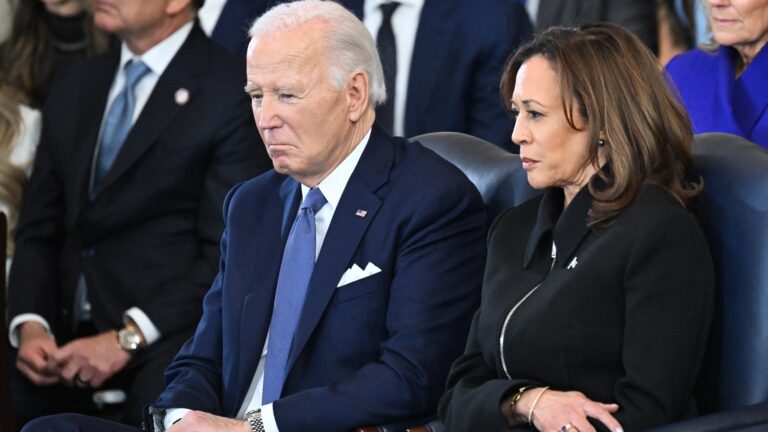The recently released findings of two polls, conducted Nézőpont Intézet and Medián respectively, are almost identical with regard to the support of the ruling party among the population. The former pollster tends to be associated with the governing Fidesz party, while the latter is viewed as close to the opposition. However, both survey results are good news for Fidesz.
Medián found that the overall mood of the Hungarian voters has significantly improved, which usually helps the party in power. 37 per cent of responders felt that things were going in the right direction, as opposed to 27 per cent who gave an optimistic answer when last polled in December.
As for party support, Fidesz has a massive lead with 51 per cent of likely voters voicing support for them. According to Medián, the strongest opposition party is Ferenc Gyurcsány’s Democratic Coalition (DK) with a 14 per cent support. That is a 37-point advantage for Fidesz. DK is followed by Momentum in third place with nine per cent.
Nézőpont put out similar results. They too measured an uptick in optimism among Hungarians, a six-point increase compared to December 2022. 32 per cent of people surveyed agreed that the country is moving in the right direction, up from 26 per cent at the end of last year.
Fidesz enjoys a similarly large support in Nézőpont’s poll as in Medián’s, with 52 per cent of likely voters backing the orange colours. However, their lead is even greater in this survey, as DK’s approval rating is only at 12 per cent. A big difference between the results published by the two pollsters is that with Nézőpont, Mi Hazánk Mozgalom (Our Homeland Movement) finished third among the parties with nine per cent instead of Momentum. Interestingly enough, both companies measured support above the parliamentary threshold for the joke party Kétfarkú Kutya Párt (Two Tailed Dog Party), with a presumed six per cent share of the popular vote for them.
Back in January, Nézőpont published another poll with similar results. It showed Fidesz with 56 per cent support among likely voters in next year’s EU parliamentary elections. That would be a better result for the governing party than how they performed in the 2022 Hungarian parliamentary elections, where they got 54.1 per cent of the popular vote and won with a constitution-amending majority for the fourth time in a row.
It seems that the days when the opposition could be hoping for a change of government are gone,
and their more realistic goal should be stopping Fidesz from taking another two-third victory in 2026.
Those opposition voters who strongly believe these polls skew towards Fidesz by design should be warned that in the last election cycle, polling firms actually underestimated the Orbán administration’s popularity among voters. For example, the closest Nézőpont poll to election day in 2022 was conducted on 23–25 March 2022, which predicted a Fidesz lead of 5.2 points ahead of the united opposition. On 3 April, Fidesz ended up winning the popular vote by a 19.6 per cent margin.








